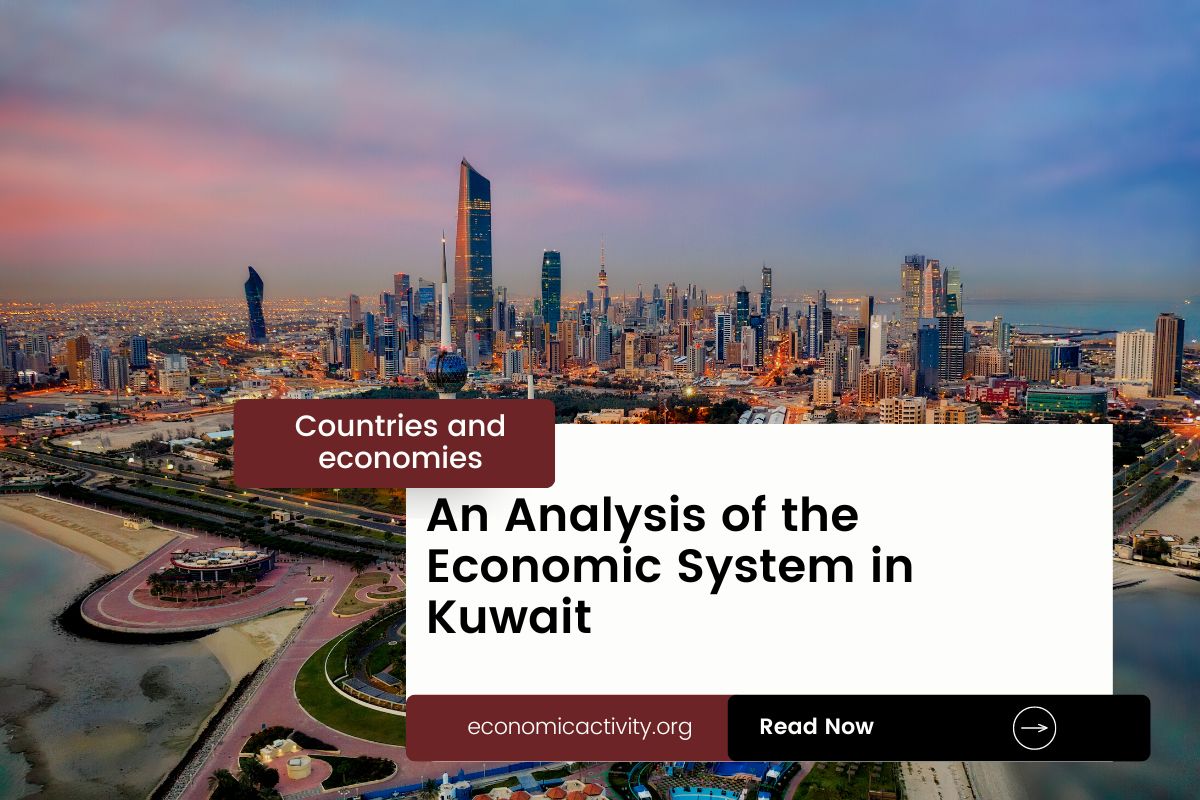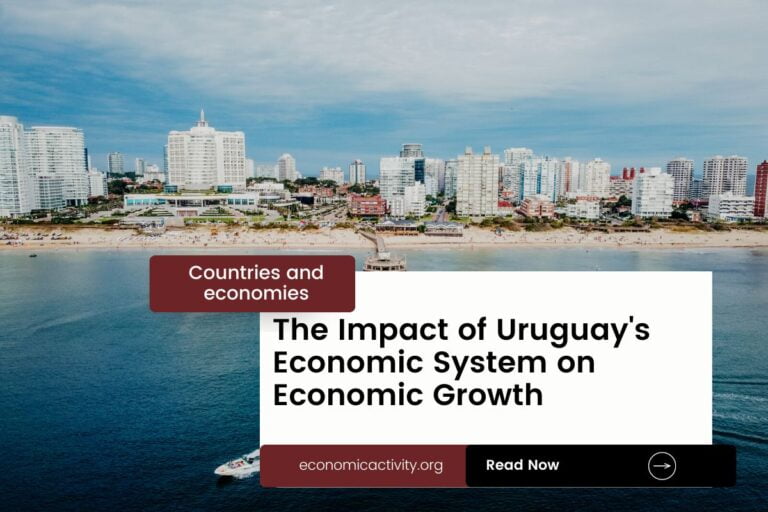What is the economic system of Kuwait? The economy of Kuwait is based on a mixed economy. The country’s economic system combines elements of a market economy and a planned economy.
Kuwait’s economy is heavily reliant on oil exports, with petroleum accounting for over 90% of its export earnings. Other industries of the country include finance, real estate, and construction.
The economy is composed of a private sector, consisting of individuals and businesses that make autonomous decisions based on self-interest, and a public sector, where the state determines the production and distribution of certain goods and services. No country is purely capitalist or purely communist.
What do the freedom indexes tell about the economic system of Kuwait?
Now, to determine if a country is mostly a market economy or a planned economy, it is useful to examine some economic indexes. For instance, according to the 2022 Index of Economic Freedom, which measures the ability of every human to control his own labor and property, Kuwait is ranked 101th globally and 7th in the Middle East and North Africa indicating that the country has a mostly unfree economy.
In a similar way, the 2022 Freedom House index evaluates the state of political rights and civil liberties globally. Generally, market economies tend to align more with democracy and freedom, while command economies tend to be characterized by greater state control and fewer democratic and civil liberty protections. Kuwait gets a score of 37/100, which qualifies it as Partly Free. Kuwait is considered to have a government that does not control what people do, and people can make their own economic decisions, but it is only considered an electoral democracy, lacking full liberal democratic protections.
The Link Between Public Sector Employment and the Economic System of Kuwait
An indicator of the extent to which the State is involved in the economy is the number of public sector employees. In Kuwait, according to ILOSTAT, the number of public sector employees as a percentage of the total workforce is 18.6% (2016).
In the country’s mixed economy, the number of public sector employees as a percentage of the total workforce varies based on the specific policies and practices adopted by the State. Some economic activities are left to the private sector while others are under government control. The bigger the public sector the closer is the economy to being a command economy.
What do the biggest companies in Kuwait say about the country’s economic system?
The biggest company in Kuwait should also be looked at, as well as whether it is a state-owned or private company. In this case, Founded in 1952, NBK is the oldest and largest financial institution in Kuwait, offering banking services to individuals and businesses. The Largest shareholders include VEIEX – Vanguard Emerging Markets Stock Index Fund Investor Shares, VGTSX – Vanguard Total International Stock Index Fund Investor Shares.
Kuwait’s private sector industries include oil and gas, finance, real estate, and retail. While public industries include healthcare, education, and
The historical factors that have influenced the economic system of Kuwait
The current mixed economy system of Kuwait is the result of the country’s rapid economic growth, fueled by its oil reserves. This growth has allowed the government to invest in infrastructure, education, and healthcare, while also providing subsidies and other incentives to businesses.
This has resulted in a more diversified economy, with a greater emphasis on private sector activity and foreign investment.





Leave a Reply